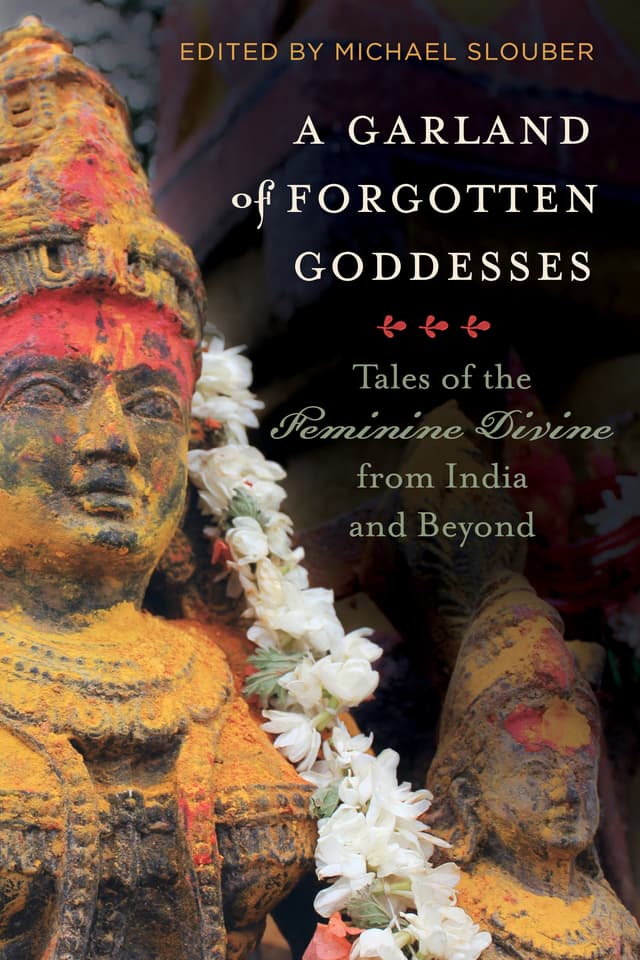Michael Slouber's new book A Garland of Forgotten Goddesses: Tales of the Feminine Divine from India and Beyond (University of California Press, 2021) surveys the diversity of India's feminine divine tradition by bringing together a fresh array of captivating and largely overlooked Hindu goddess narratives from different regions. As the first such anthology of goddess narratives in translation, it highlights a range of sources from ancient myths to modern lore. The goddesses in this book battle demons, perform miracles, and grant rare Tantric visions to their devotees. Each translation is paired with a short essay that explains the goddessess historical and social context, demonstrating the ways religion changes over time. It is also illustrated with 25 line drawings and samples of the original scripts
For information on your host Raj Balkaran’s background, see rajbalkaran.com/scholarship.
